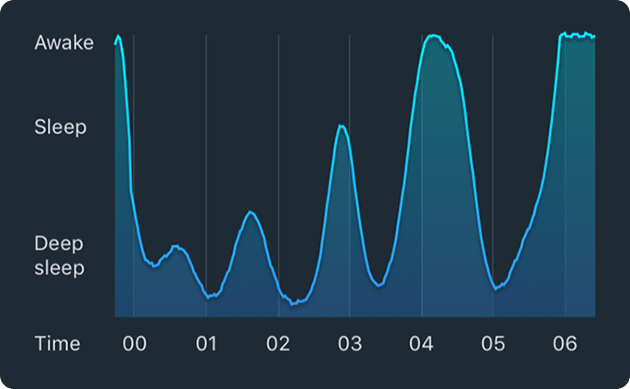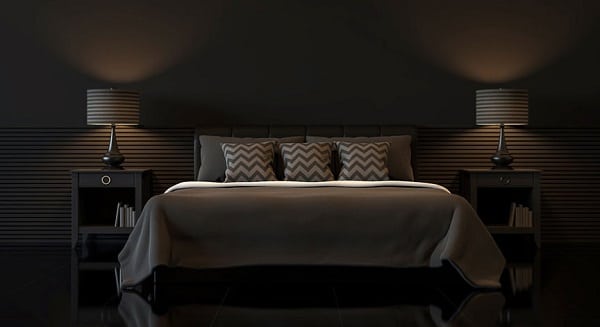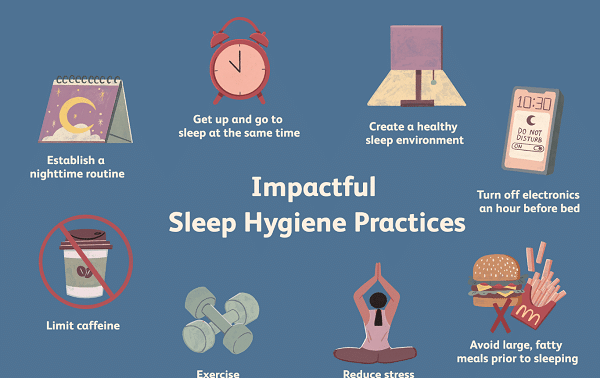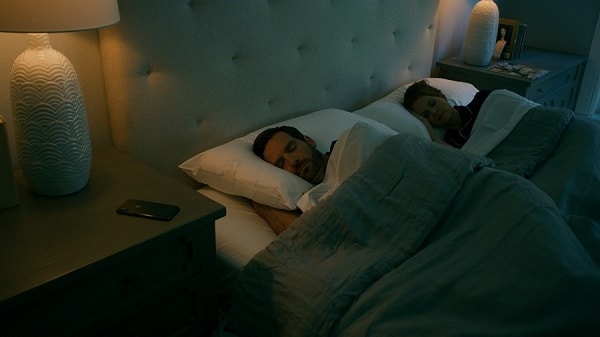Sleep, the most underrated yet one of the most vital processes of your body, has a direct impact on your overall health and well-being. As important as it is to get a good night’s rest, having sleep differences with your partner can pose unique challenges. These differences could potentially lead to strained relationships and increased tension between partners. This article will walk you through the intricacies of sleep, identifying differences in sleep patterns, the impact of these differences on relationships, and strategies to minimize their impact.
Contents
The Intricacies Of Sleep And Sleep Patterns

Sleep is a complex physiological process that plays a crucial role in numerous bodily functions, from restoring energy to consolidating memories. It consists of various stages and cycles, each contributing to the quality and restorative value of sleep. Understanding these processes can provide a foundation for managing sleep differences between partners.
However, sleep isn’t a one-size-fits-all phenomenon. Some people are night owls, feeling most energetic in the late hours, while others are early birds rising with the sun. These variations, often influenced by your internal biological clocks or circadian rhythms, can lead to different sleep-wake patterns among individuals. Recognizing these differences is the first step towards managing them effectively within a relationship.
Recognizing Differences In Sleep Patterns

Sleep patterns can significantly vary from one person to another. To manage these differences, it’s crucial to identify each partner’s sleep patterns. You can achieve this by observing your own and your partner’s preferred sleep and wake times or noting times when you both feel most alert or sleepy.
Additionally, tools such as sleep diaries or mobile applications can provide insights into individual sleep patterns. They can track when you or your partner go to bed when you wake up, and the quality of your sleep, providing a clearer understanding of your sleep habits.
The Impact Of Differing Sleep Patterns On Relationships

Differing sleep patterns can impact relationships more than one might expect. For instance, if one partner is a night owl while the other is an early bird, this can result in decreased time spent together and potential misunderstandings. Moreover, the partner who sleeps less or at different times might feel ignored or misunderstood, leading to feelings of isolation or resentment.
Research also links sleep quality to relationship satisfaction. Studies suggest that a bad night’s sleep can make you more likely to focus on negative aspects of your relationships and less likely to manage conflict effectively. This highlights the importance of understanding and addressing sleep differences for the well-being of a relationship.
Strategies To Minimize The Impact Of Sleep Differences

Acknowledging that sleep differences can create tension between partners is the first step toward resolution. The key to managing this problem is finding a middle ground that respects both partners’ sleep needs. For instance, synchronizing bedtime routines or trying to match sleep schedules where possible can help couples feel more connected.
However, such synchronization may not always be possible due to the inherent nature of your sleep patterns. In such cases, compromise plays a significant role. For instance, the partner who needs less sleep might join the other in bed but engage in quiet activities like reading until they’re ready to sleep. This way, both partners can respect each other’s sleep needs while still maintaining their connection.
Importance Of A Sleep-friendly Environment

The environment in which you sleep can significantly influence the quality of your rest. Factors like noise, light, temperature, and even the quality of the mattress or pillows can have an impact. Therefore, it is essential for both partners to agree on a sleep environment that caters to their collective needs. For instance, using earplugs or eye masks can help one partner sleep better if the other prefers to read or watch television in bed.
Similarly, temperature can play a crucial role. While some people might prefer a cooler room for sleep, others might need it slightly warmer. An understanding between partners about adjusting the room temperature, or solutions, like using separate blankets or bed sheets, can ensure both partners get their rest without any discomfort. It’s all about negotiating an environment that is conducive to sleep for both individuals.
The Role Of Healthy Sleep Hygiene

Sleep hygiene refers to practices and habits that can enhance the quality of sleep. It is an important aspect that both partners need to consider when managing sleep differences. A consistent sleep schedule, regular exercise, limiting exposure to screens before bedtime, and avoiding caffeine or heavy meals close to bedtime are some examples of good sleep hygiene.
However, just as sleep patterns vary among individuals, sleep hygiene practices might need to be tailored according to individual needs too. While one partner might find reading before bed relaxing, it could have the opposite effect on the other. It is important to respect these differences and adopt practices that promote a good night’s sleep for both.
Consulting Professionals For Severe Sleep Issues

Not all sleep issues can be managed through changes in the environment or sleep hygiene practices. In some cases, professional help may be necessary. Signs that indicate the need for professional intervention include chronic insomnia, excessive daytime sleepiness, or signs of sleep disorders like sleep apnea.
Once these symptoms are recognized, it’s important not to ignore them. Sleep therapists or specialists can provide the necessary guidance and treatment options to manage these issues. They can help couples understand the root of their sleep problems and offer solutions that take into account the needs of both partners.

Balancing personal sleep needs with those of your partner can sometimes be a challenge. It’s a delicate process that requires communication, understanding, and, sometimes, compromise. For example, if one partner is an early bird and the other a night owl, they might need to adjust their schedules slightly to ensure both get adequate sleep.
At the same time, it’s crucial to respect personal sleep needs. Forcing a night owl to wake up early or an early bird to stay awake late can lead to frustration and resentment. Instead, finding a compromise that respects the sleep needs of both partners, such as quiet hours or separate periods of solitude, can lead to a healthier balance and better relationship satisfaction.
Enhancing Relationships Through Improved Sleep

The ability to manage sleep differences with your partner can significantly improve overall relationship health. By understanding each other’s sleep patterns and needs, partners can foster a deeper sense of empathy and respect. This can lead to enhanced communication, better understanding, and, ultimately, stronger bonds. After all, the process of navigating and resolving sleep differences can be seen as a form of problem-solving that requires teamwork.
There are numerous instances of couples who have improved their relationships by managing their sleep differences effectively. Whether it’s through compromise, seeking professional help, or simply having open and honest conversations about their needs, these couples have found a way to navigate their differences and come out stronger. These success stories serve as reminders that sleep differences need not be a point of contention but can instead become a path toward a more understanding and supportive relationship.
Take Steps To Manage Sleep Differences With Your Partner!
Sleep plays a fundamental role in our lives, and managing sleep differences with a partner is crucial for maintaining harmony and satisfaction within a relationship. Whether it’s understanding each other’s sleep patterns, creating a sleep-friendly environment, maintaining healthy sleep hygiene, or knowing when to seek professional help, all steps contribute to a better understanding and management of sleep differences. By doing so, couples can improve not only their sleep but also their relationship!